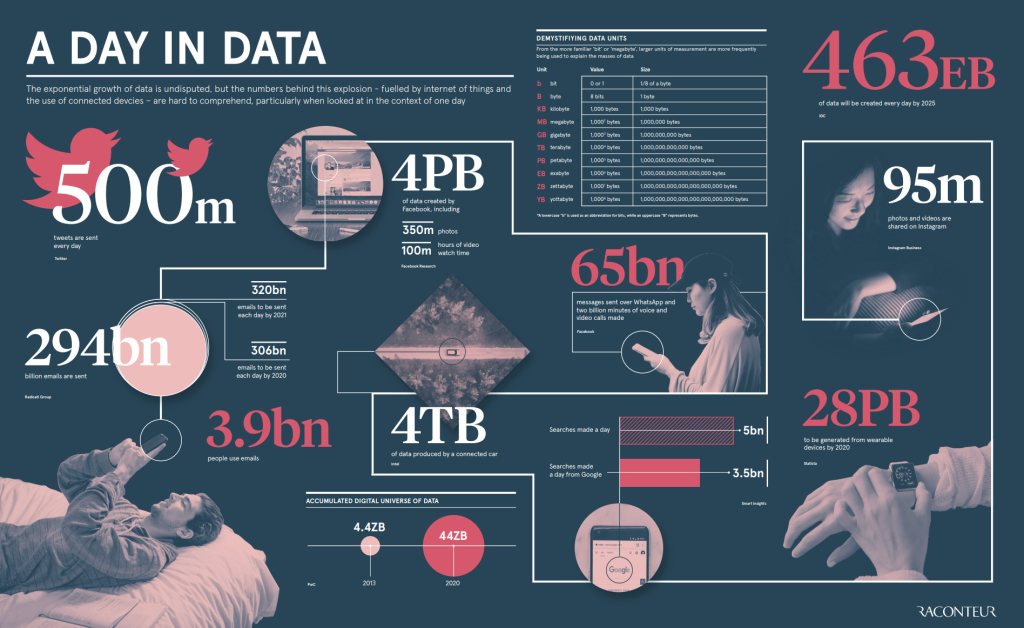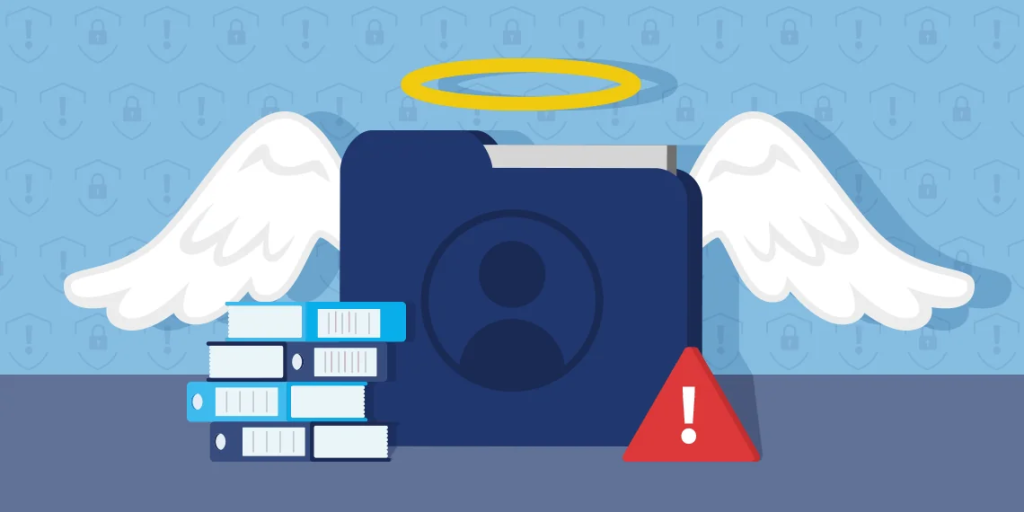Have you ever wondered what will happen to your digital profiles, accounts, texts, and data when you die? Will friends and family continue to post messages? What about those posts that were a bit cringy or extreme? Will others see them?
A strange and unexpected question… Well, I thought about it because I read about a blogger who passed away due to depression. Her account became a safe space for people to share their thoughts. Every day, someone leaves a comment under her last post, expressing things they often can’t share elsewhere.
As I scrolled through her posts, I wondered, “Would she want these thoughts to stay public? Will her data disappear someday? What happens to my data after I’m gone?” These thoughts popped up.
In the digital age, our pictures, videos, thoughts, and beliefs shared on social media are like digital treasures. Whether you use the internet for work, leisure, or education, you continuously generate data. Since the first day you entered the digital realm, the amount of data accumulated is astonishing. You’ve become a digital millionaire in terms of data.

But what happens to these digital treasures when we’re gone? Do you want your loved ones to inherit and keep them, or should they vanish with you?
A “digital legacy” is the amount of electronic data that a user leaves behind on data media and on the internet when they die1. These include profiles on social networks, online accounts, e-mail inboxes, cloud storage, licenses, chat processes, media, crypto currency, and more, and they’re all usually password-protected.

Digital legacies can be physical (like cryptocurrency and online banking) or emotional (like social media, photos, and message history). The emotional ones can lead to more complex inheritance disputes.
One case involved parents of a 15-year-old girl killed by a train in 2012. The parents wanted access to her Facebook account to to try to determine whether the death was suicide. Facebook initially refused, citing privacy concerns about the girl’s contacts. Later on, the case went to the the Federal Court of Justice (Bundesgerichtshof – BGH ), which said online data should be treated the same as private diaries or letters, and pass to heirs2. Facebook respected the court’s decision but emphasized the importance of user privacy.
In the past, legacies were mainly about money and property. But now, our digital legacy is like a “digital person.” People might be okay passing on physical things to their heirs but not so keen on handing over their digital self.
Apple introduced a “Digital Legacy Feature”. This new feature allows you to designate someone to have access to your Apple ID information in the event that you pass away. The person you choose to give this information to is known as your Legacy Contact, as they are the person who will have rights to access your Digital Legacy stored through Apple.
After the feature was introduced, many argued that, instead of “digital legacy contact,” what we need more is a “one-click wipe” function.


It’s almost like what we might see from Black Mirror. If the stored information is rich enough, utilizing these digital legacies, we might be able to create a robot that resembles the deceased person.
In this digital age, it’s tough to deal with our digital legacies. We yearn to preserve our memories while guarding a measure of our cherished privacy. So, what’s your take? how would you choose to manage your digital legacy?




A little-discussed but very intriguing topic! I had never thought about the future of my digital legacy, but personally, I would like future generations to have access to it. I feel that, in this way, an earthly connection to my identity can persist. Identity evolves over time and certainly social media can prove it, so they could serve as a testament to my personality evolution.
By the way, I didn’t know about the feature introduced by Apple. Very interesting.
P.s. The final survey was a great idea. Good job! ☺️
A truly compelling post! For me, the poll was an easy decision: delete everything. Not in a ‘I don’t want people seeing my browser history’ kind of sense, but more for the reason that I absolutely despise being taken out of context. When I will be gone and words of mine will be left on the internet, there is no telling what people might use those for years later.